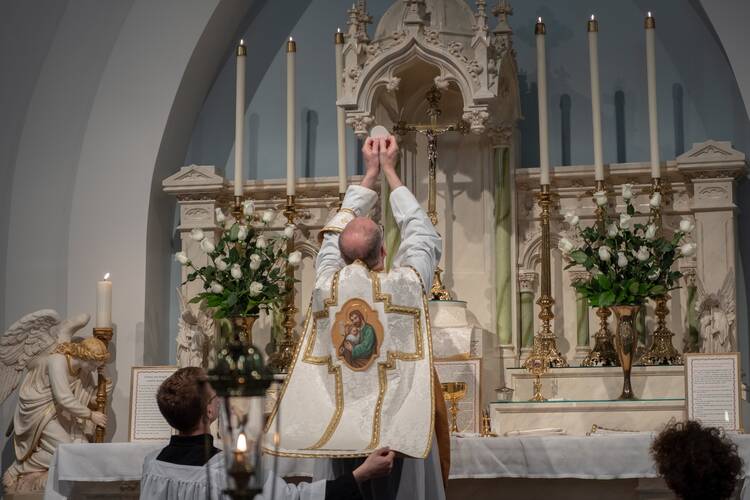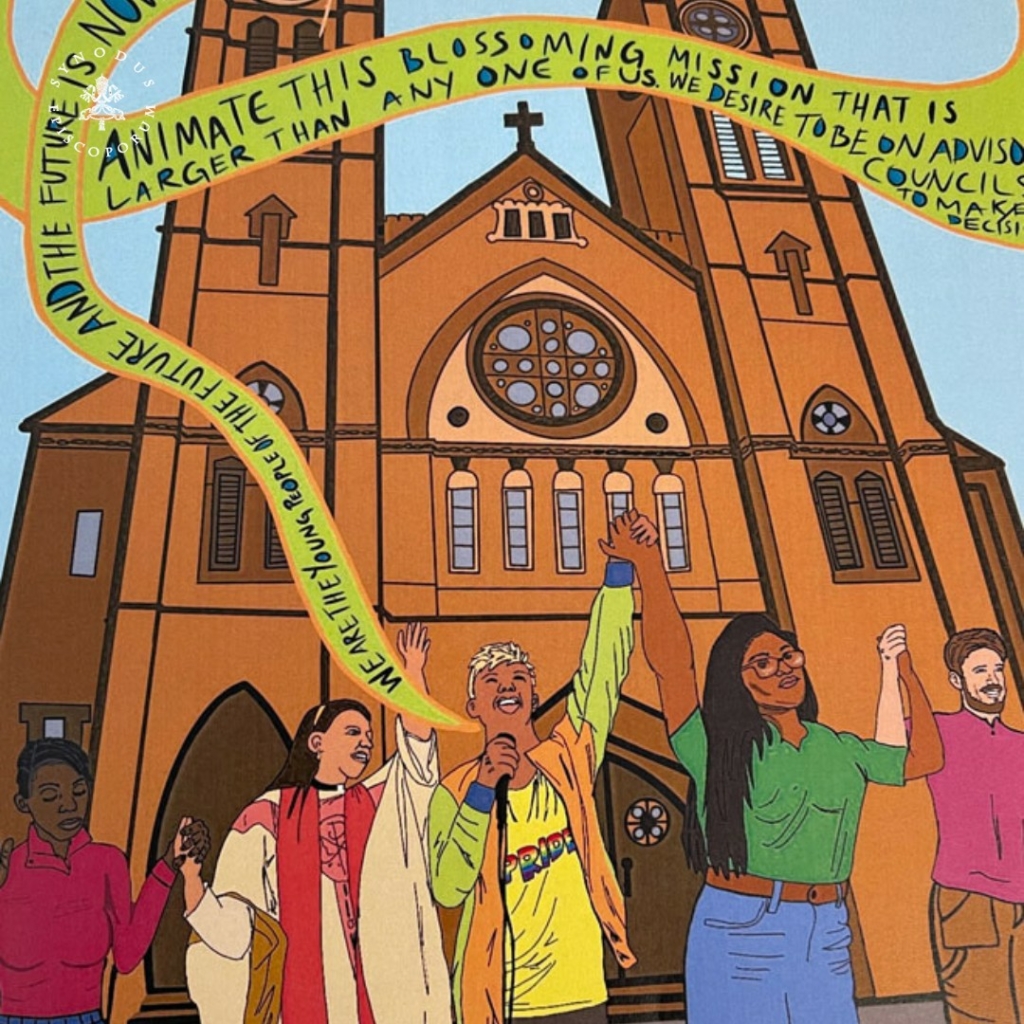You know what... Forget everything.
It has become clear to me that the Church today exists in a state of intractable self contradiction. Since truth cannot be contradictory something must give way. Either Francis and the bishops affirm what the Church has previously taught or they change the teaching of the Church and embrace the ascendant sexual ethics of the secular world. I no longer care at this point. Pope Francis can kick the can down the road a year but if the current synod has established anything it is that a definite decision one way or the other must be made.
Believe it or not but I am sympathetic to both sides.
On the liberal side:
I have mentioned on these forums before that certain aspects of traditional Christian teaching do not make sense to me. I have never been able to fully square in my mind how a loving God of perfect benevolence can permit the majority of the human race to be forever tormented in Hell. I have never been comfortable with the doctrine that any consent to even the slightest degree of sexual pleasure outside the married act open to procreation is a sin against the moral law so severe that a single instance of such consent alone warrants an eternity of conscious torment in supernatural fire. If concupiscence is of such horror to God then why does he permit it to exist so strongly in human race? It does not make sense.
On the conservative side:
The Church claims to be indefectible in faith and morals. What is right and wrong in terms of the sexual faculty is not trivial but fundamental to morality itself. If the Church's picture of the moral law on such a fundamental question has been so monumentally wrong then I do not see how the claims of the Church to be guided by the Holy Spirit can be at all valid. Thus the Church must hold to its established teaching or the very basis for the Church's authority is falsified. Either the Church's claims about sexual morality are correct or Catholicism is false.
The way I see it:
Traditional Catholicism is terrifying; liberal Catholicism is incoherent. And the pope and his bishops must make a choice. No more gaslighting, no more evasions. The Church needs to make up its mind about what it really believes.
I saw a lot of beauty in the Catholic faith. In the traditional ceremonies of the Roman Rite. In the Latin and in the high altars I saw a gravitas profound enough to move me to accept the hard teachings that came with it all. The Francis pontificate has taught me that such sentiment is held in contempt by the very men who are supposed to teach and pass down the faith. What a joke.
It has become clear to me that the Church today exists in a state of intractable self contradiction. Since truth cannot be contradictory something must give way. Either Francis and the bishops affirm what the Church has previously taught or they change the teaching of the Church and embrace the ascendant sexual ethics of the secular world. I no longer care at this point. Pope Francis can kick the can down the road a year but if the current synod has established anything it is that a definite decision one way or the other must be made.
Believe it or not but I am sympathetic to both sides.
On the liberal side:
I have mentioned on these forums before that certain aspects of traditional Christian teaching do not make sense to me. I have never been able to fully square in my mind how a loving God of perfect benevolence can permit the majority of the human race to be forever tormented in Hell. I have never been comfortable with the doctrine that any consent to even the slightest degree of sexual pleasure outside the married act open to procreation is a sin against the moral law so severe that a single instance of such consent alone warrants an eternity of conscious torment in supernatural fire. If concupiscence is of such horror to God then why does he permit it to exist so strongly in human race? It does not make sense.
On the conservative side:
The Church claims to be indefectible in faith and morals. What is right and wrong in terms of the sexual faculty is not trivial but fundamental to morality itself. If the Church's picture of the moral law on such a fundamental question has been so monumentally wrong then I do not see how the claims of the Church to be guided by the Holy Spirit can be at all valid. Thus the Church must hold to its established teaching or the very basis for the Church's authority is falsified. Either the Church's claims about sexual morality are correct or Catholicism is false.
The way I see it:
Traditional Catholicism is terrifying; liberal Catholicism is incoherent. And the pope and his bishops must make a choice. No more gaslighting, no more evasions. The Church needs to make up its mind about what it really believes.
I saw a lot of beauty in the Catholic faith. In the traditional ceremonies of the Roman Rite. In the Latin and in the high altars I saw a gravitas profound enough to move me to accept the hard teachings that came with it all. The Francis pontificate has taught me that such sentiment is held in contempt by the very men who are supposed to teach and pass down the faith. What a joke.
Last edited:


